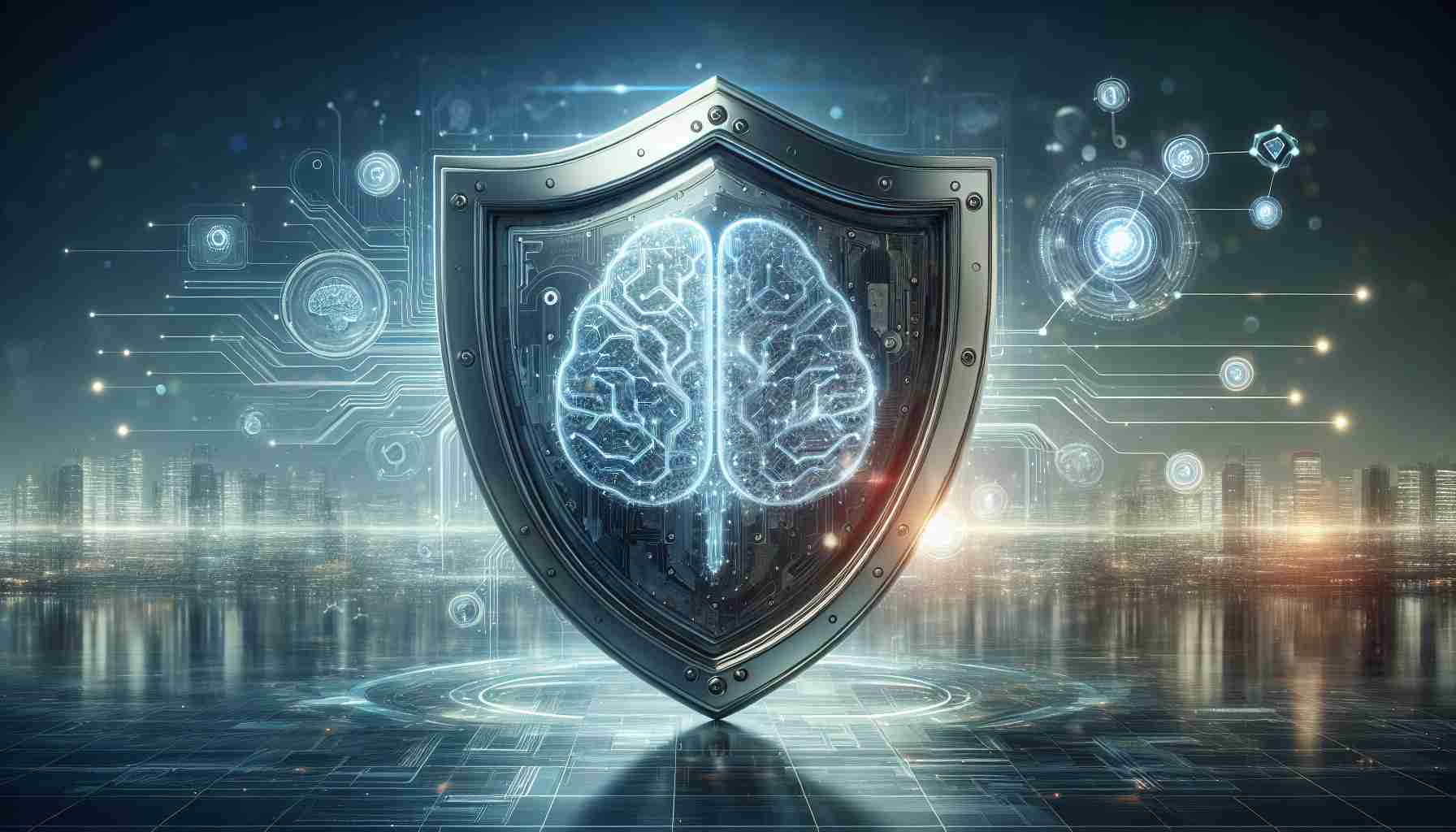The Future of Cybersecurity: Embracing AI to Protect Business

As cyber threats continue to evolve and pose risks to businesses, IT leaders are at the forefront of safeguarding against potential breaches while fostering growth opportunities. Gone are the days when simple compliance measures sufficed; today’s landscape demands a proactive cybersecurity approach.
In the realm of cybersecurity, AI tools have emerged as invaluable assets in combating threats and bolstering defenses. Instead of merely reacting to breaches, businesses can now leverage AI to predict and prevent potential attacks, reducing reliance on reactive measures such as paying ransoms. Automated security protocols can detect and mitigate suspicious activities, enhancing overall protection of sensitive data.
Moreover, the human element remains a critical factor in cybersecurity, with employee error often cited as a leading cause of breaches. By investing in comprehensive training programs and identifying at-risk individuals, organizations can empower their workforce to be proactive in maintaining security best practices.
When it comes to adopting AI solutions, the focus should not solely be on the latest technology trends but on aligning AI capabilities with specific business objectives. By selecting tailored AI tools that streamline operations and enhance decision-making processes, companies can optimize efficiency and accuracy while minimizing risks.
Embracing a comprehensive approach that integrates AI technology, robust security protocols, and employee training will be key in creating a cyber-resilient environment that safeguards businesses against evolving threats and supports sustainable growth in today’s digital landscape.
FAQ Section:
1. What role do AI tools play in cybersecurity?
AI tools are crucial assets in cybersecurity as they help businesses predict and prevent potential attacks, detect suspicious activities, and enhance overall protection of sensitive data.
2. Why is employee training important in cybersecurity?
Employee training is vital because human error is often a leading cause of breaches. By investing in comprehensive training programs, organizations can empower their workforce to maintain security best practices.
3. How should companies approach adopting AI solutions?
Companies should focus not only on the latest technology trends but also on aligning AI capabilities with specific business objectives. Selecting tailored AI tools can optimize efficiency, enhance decision-making processes, and minimize risks.
Definitions:
Cyber threats: Potential risks to businesses posed by evolving cybersecurity issues, such as hacking, malware, or data breaches.
AI tools: Artificial intelligence technologies that can automate processes, analyze data, and enhance cybersecurity measures by predicting and preventing potential attacks.
Employee error: Mistakes made by employees that can compromise the security of a company’s data and systems.
Related Links:
– Security Today
– CSO Online

